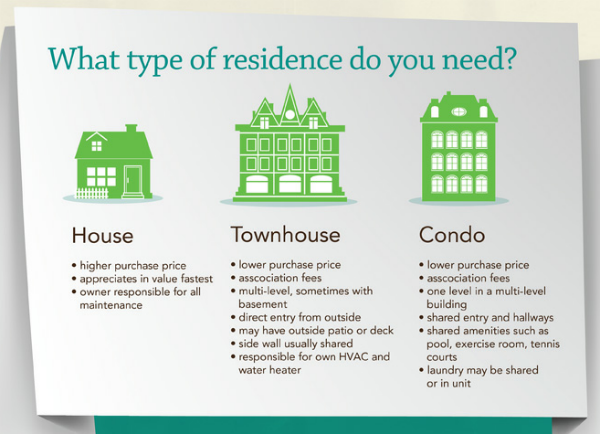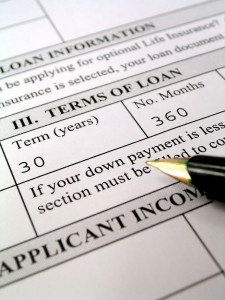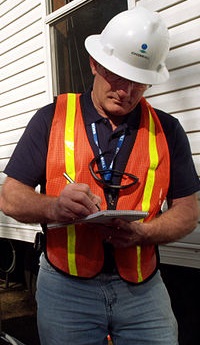Whether you’re preparing to buy a new home, to carry out full scale renovations of your existing home, or you’re designing your home from scratch, there are a lot of things about cabling to think about. Room layouts and sizes, building materials, colors, windows, doors, decor, plumbing, flooring and bathroom and kitchen installations are just a short list of the many things that you will be called upon to deal with. There is a very important item that has been left off this list without which your home would be rendered inhabitable. That all-so-important item is wiring.

3D illustration of fiber optics cable with binary data
Many people would be content to leave the specific design of the wiring to an electrician. Just as long as the lights, the mains and the electrical appliances function, we’re alright. But with the technology available today, homes can provide much more practicality, productivity and potential for its inhabitants, not to mention a noteworthy increase in resale value. This is especially true when it comes to wiring your home for Ethernet communications.
When we think of Ethernet, or IP networks we usually think of the Internet. Sure, that makes sense, since it’s an Ethernet cable that you use to connect your PC to the DSL or Cable modem to gain access to the rest of the digital world. But over the past few years, IP networks and Ethernet technology have been applied to much more than just the “pipe” that gets you connected. Many systems within your home can be integrated into a unified communications and management system. Environmental systems like heating, cooling and (de)humidifying installations can be controlled and monitored, power and water consumption can be recorded and adjusted, fire and security alarm systems can be managed, and electrical appliances can be programmed and regulated.
The nervous system of this carefully synchronised orchestra of devices is the cabling that you install in the walls. All of the above mentioned gadgets (and many more) now use the Ethernet and IP standards for communication. This is why it’s so important to install the appropriate infrastructure that will support these and future standards for years to come. Even if you use wireless (and you will), the cabling backbone is a vital component when building the connected home.
Add to this the fact that Fibre to the X (FTTx) which is an architecture which uses fibre optic cable as all or part of the local loop is becoming more and more prevalent in many developed countries. This widens the pipe bringing advanced and high throughput communications services to your home. Studies have shown that fibre connectivity not only increases the value of physical property by an average of 3.1 percent but valuations are also increased by an additional 1.8 percent where speeds of up to 1 Gbps are available.
So with fibre optic connectivity externally and the appropriate cabling infrastructure internally, you will be able to enjoy these services from anywhere in your home, and not just from the location of your DSL or Cable.
What kind of cabling have you done in your home and for kind of devices? Let me know in the comments below. And if you’re looking to buy your next home in metro Albuquerque, contact me today so I can help you find it!

 Confused about the different loan types out there? Here’s a quick, “at-your-fingertips” post to help you sort it all out.
Confused about the different loan types out there? Here’s a quick, “at-your-fingertips” post to help you sort it all out. Escrow is an agreement between two or more parties providing that certain instruments or property be placed with a third party for safekeeping, pending the fulfillment or performance of a specific act or condition.
Escrow is an agreement between two or more parties providing that certain instruments or property be placed with a third party for safekeeping, pending the fulfillment or performance of a specific act or condition. The HUD-1 (Closing Statement) is a financial statement rendered to the buyer and seller at the time of transfer of ownership, giving an account of all funds received or expended.
The HUD-1 (Closing Statement) is a financial statement rendered to the buyer and seller at the time of transfer of ownership, giving an account of all funds received or expended. Earnest money is a deposit made by a purchaser of real estate to evidence good faith.
Earnest money is a deposit made by a purchaser of real estate to evidence good faith. Too many home sellers these days underestimate the value of a pre-sale
Too many home sellers these days underestimate the value of a pre-sale  A condominium is a system of ownership of individual units in a multi-unit structure, combined with joint ownership of commonly used property (sidewalks, hallways, stairs, etc.).
A condominium is a system of ownership of individual units in a multi-unit structure, combined with joint ownership of commonly used property (sidewalks, hallways, stairs, etc.). Ever read a house listing and feel a little uncertain about the meanings of terms such as short sale, pre-foreclosure, or foreclosure? Well, thankfully, even though these terms have been quickly disappearing from New Mexico’s real estate market for the most part, it’s my hope that this post will clear up any uncertainties you may have!
Ever read a house listing and feel a little uncertain about the meanings of terms such as short sale, pre-foreclosure, or foreclosure? Well, thankfully, even though these terms have been quickly disappearing from New Mexico’s real estate market for the most part, it’s my hope that this post will clear up any uncertainties you may have!
biz page or profile.